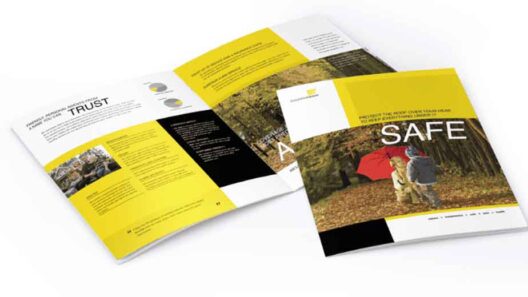What Does the UK Online Safety Act Mean?
The UK Online Safety Act is designed to help make the internet a safer place for everyone. It makes Ofcom, the UK’s communications regulator, responsible for enforcing controls on the safety of online platforms. Search engines, social media sites, messaging apps and online services that let users produce content or talk to each other are covered by the law.
The Act is designed to achieve a broad purpose and works to:
- Stop the sharing of terrorism, child sexual abuse material and hate speech.
- Make it necessary for sites to remove harmful material, mainly for children, including self-harm promotion, bullying and being exposed to pornography.
- Hold technology companies responsible when they do not meet new safety laws.
- Make it easier for people to understand how content is being moderated and how algorithms affect how users use the platform.
Main highlights of UK Online Safety Act:
1. Responsibility for the Care
Tech companies are given a key responsibility called the “duty of care.” In other words, platforms should act quickly to shield users from harmful and illegal information. If a service is used by children, it needs to be especially cautious and put in place protections that fit their needs.
2. Risk Assessments and Safety Policies.
Firms need to carefully check what is shared on their platforms and post clear policies explaining how to stay safe. They ought to describe how they intend to deal with risks, uphold the rules in the community and handle harmful content.
3. Checking a child’s age and setting parental controls
To help protect children, the Act wants to see more secure age verification and stronger parental controls. Those who provide services to under-18s must ensure safety is an important part of their design process.
4. Criminal Responsibilities for Executives
If a tech company does not follow the law severely, its senior managers may be charged with crimes. It also means not cooperating with Ofcom or blocking their investigations.
5. The Rules for Ofcom
Companies that break Ofcom’s rules could now face a fine of up to £18 million or 10% of their global annual income, whichever is the greater. Additionally, it can force companies to provide information, investigate through audits and prevent any site from operating in the UK if required.
What It Means for the People Who Use Technology
Additional Help in Protecting from Risky Content
For example, the Act wants to ensure that children and vulnerable users feel safer when using the internet. Cyberbullying, encouraging eating disorders and online mistreatment are expected to be greatly reduced under the new rules.
More open and efficient reporting methods
Users will be helped by clearer rules for content moderation and simpler ways to report dangerous material or challenge moderators’ decisions. They will have to address and respond to user complaints faster.
People are starting to understand the role algorithms play.
They should also tell users how their algorithms decide which content to show. Users can gain better control over their feeds which may reduce the chances of seeing misleading or damaging information.
Potential Problems: Freedoms of Speech and Privacy
A number of critics believe that the Act may curtail freedom of speech. There are fears that programs may restrict a lot of content to avoid problems and end up stifling people’s right to speak freely. They are also worried about how companies could introduce age verification or keep an eye on what is communicated.
What It Implies for Platforms and Tech Companies
More Expensive to Follow Rules
Firms in the tech industry will have to focus on content moderation, risk evaluations and transparency. Meeting these obligations can be tougher for small and medium-sized platforms than for big tech companies.
Tougher moderation
Firms need to take prompt action to get rid of anything that is either illegal or dangerous. According to the Act, platforms ought to prevent problems in advance by using artificial intelligence, people or both.
Changes In Service Design
Direct messaging, content feeds and recommendation features may have to be rebuilt to meet safety standards. Services meant for kids must be redesigned to meet the appropriate design standards for their age.
Conducting Audits and Being Transparent to the Public
Regularly, Ofcom will check platforms through audits, investigations and transparency reports. This change could bring new practices to tech companies when it comes to user safety.
Conclusion
The UK Online Safety Act tries to control what happens online and make tech companies responsible for what they show on their platforms. This new approach may keep users, particularly children, safer, but it also raises issues concerning what we can share online, who can be held responsible and how safety and privacy can coexist.
Users are assured that the Act helps make the internet safer. For platforms, this means they will no longer self-regulate and must now follow the rules set by law. With changes being implemented slowly, both people and businesses will have to keep up and adjust to new online rules.













